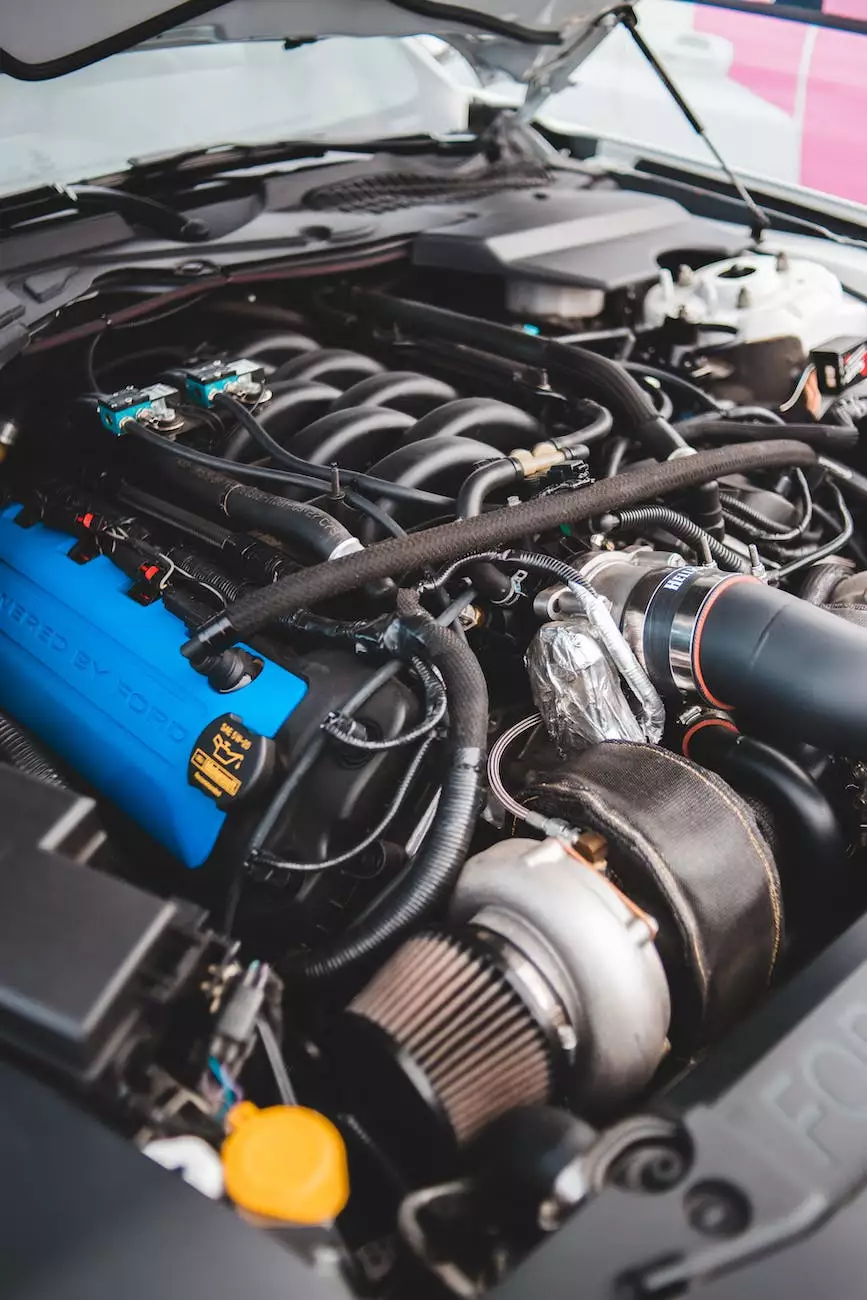How Often to Replace a Car Battery
Toyota
At C and C Motors, we understand the importance of maintaining your vehicle's battery for optimal performance. In this comprehensive guide, we will provide you with all the information you need to know about how often to replace a car battery and ensure that you stay on top of your vehicle's power needs.
Why is Battery Replacement Important?
Your car's battery is responsible for providing the necessary electrical power to start the engine and run various electrical systems. Over time, car batteries can degrade, lose charge capacity, and ultimately fail. Regular battery replacement is crucial to avoid unexpected breakdowns, starting issues, and potential damage to other components. In addition, a well-maintained battery can improve your vehicle's fuel efficiency and overall performance.
Factors Affecting Battery Lifespan
The lifespan of a car battery can vary depending on several factors:
- Driving Conditions: Frequent short trips, extreme temperatures, and stop-and-go traffic can put additional strain on your battery and reduce its lifespan.
- Battery Quality: Investing in a high-quality battery from reputable brands can often result in a longer-lasting and more reliable power source for your vehicle.
- Maintenance: Regular battery maintenance, including cleaning terminals, checking fluid levels, and ensuring a secure connection, can help extend the lifespan of your battery.
- Vehicle Usage: Certain features in your vehicle, such as power-hungry electronics, can draw more power from the battery, potentially reducing its lifespan.
When to Replace a Car Battery
While there is no fixed timeframe for replacing a car battery, there are signs that indicate it may be time for a replacement:
- Age: On average, a car battery lasts between 3 to 5 years. If your battery is approaching or past this timeframe, it is advisable to consider a replacement.
- Slow Engine Crank: If you notice a significant delay or sluggishness when starting your vehicle, it could be a sign of a weakening battery.
- Swollen Battery Case: Inspect your battery for any signs of swelling or bulging. This can indicate internal damage or excessive heat and may require immediate replacement.
- Low Battery Fluid: Check the battery's fluid levels regularly. If the fluid is below the recommended level, it could be a sign of a failing battery.
- Frequent Jump Starts: Requiring frequent jump starts to get your car started is a clear indication that your battery is struggling and may need replacement.
Battery Maintenance Tips
To prolong the life of your car battery, follow these useful tips:
- Clean Battery Terminals: Use a mixture of baking soda and water to clean the battery terminals, ensuring a good connection and reducing the risk of corrosion.
- Avoid Over-Draining: Excessive use of power-hungry electronics, such as headlights or music systems, when the engine is not running can drain your battery quickly. Limit their usage when the engine isn't running.
- Keep Battery Secure: Ensure that your battery is firmly secured in its tray to prevent vibrations that can damage internal components.
- Regular Inspections: Check your battery regularly for signs of damage, corrosion, or leaking acid. If any issues are found, consult a professional for further evaluation.
Visit C and C Motors for Car Battery Replacement
When it's time to replace your car battery, trust the experts at C and C Motors. We have a wide range of high-quality car batteries suitable for various make and model. Our experienced technicians can help you choose the right battery for your vehicle and ensure a professional installation.
Don't let a faulty battery leave you stranded. Contact C and C Motors today to schedule a battery inspection or replacement service. Our reliable team is here to keep you on the road with peace of mind.



